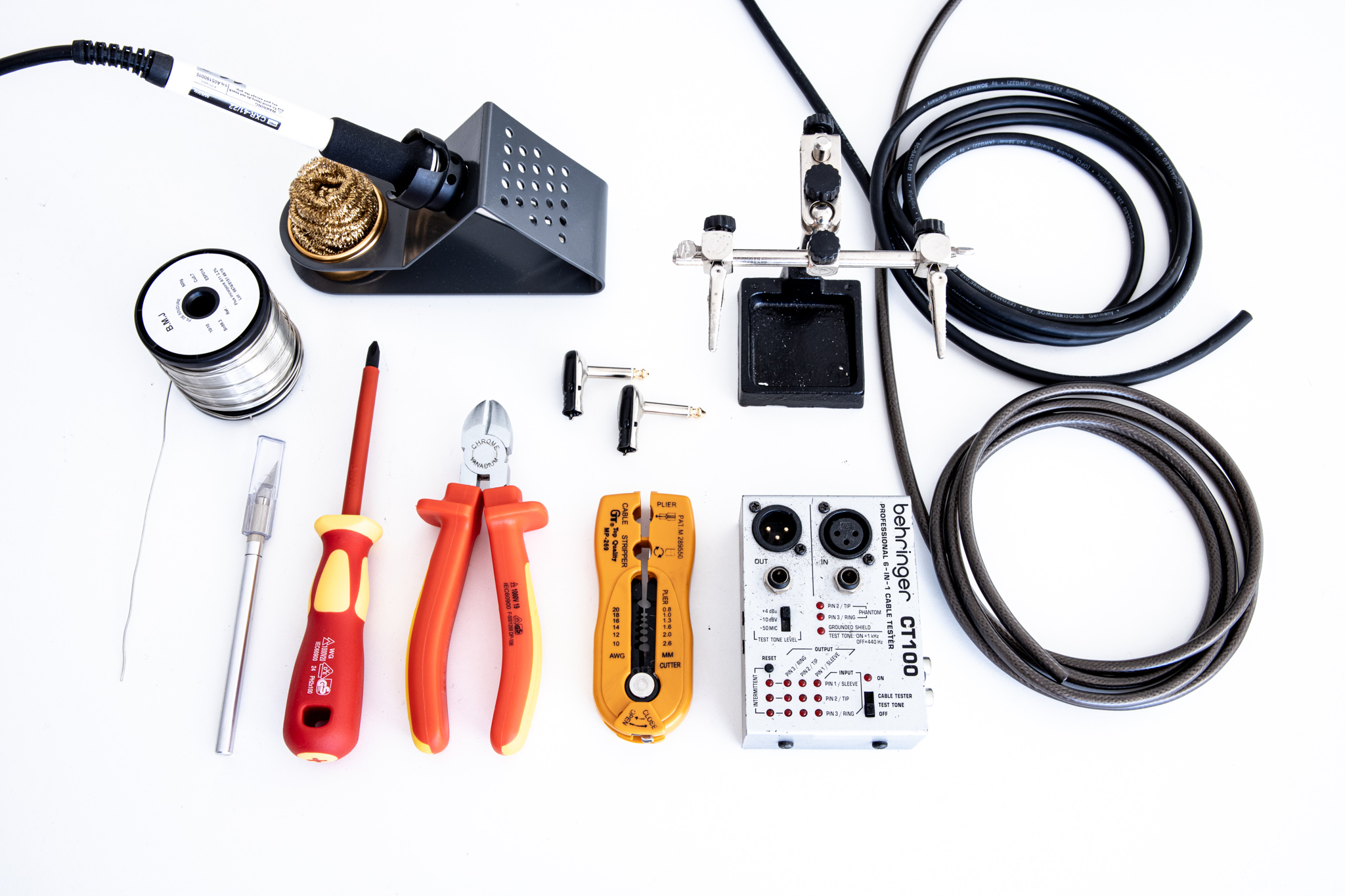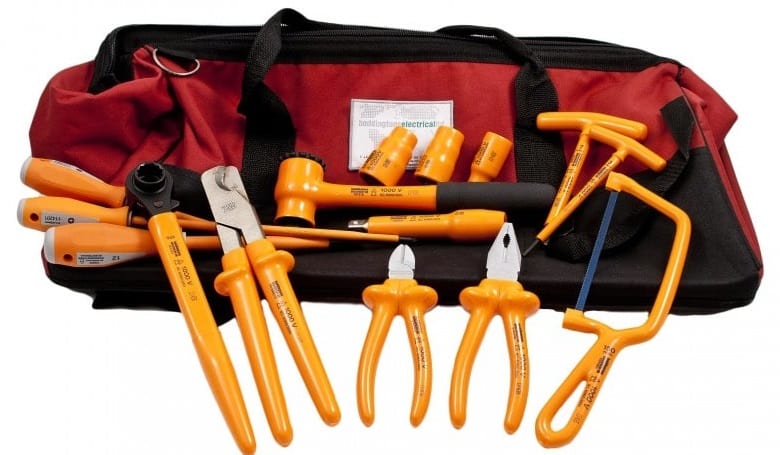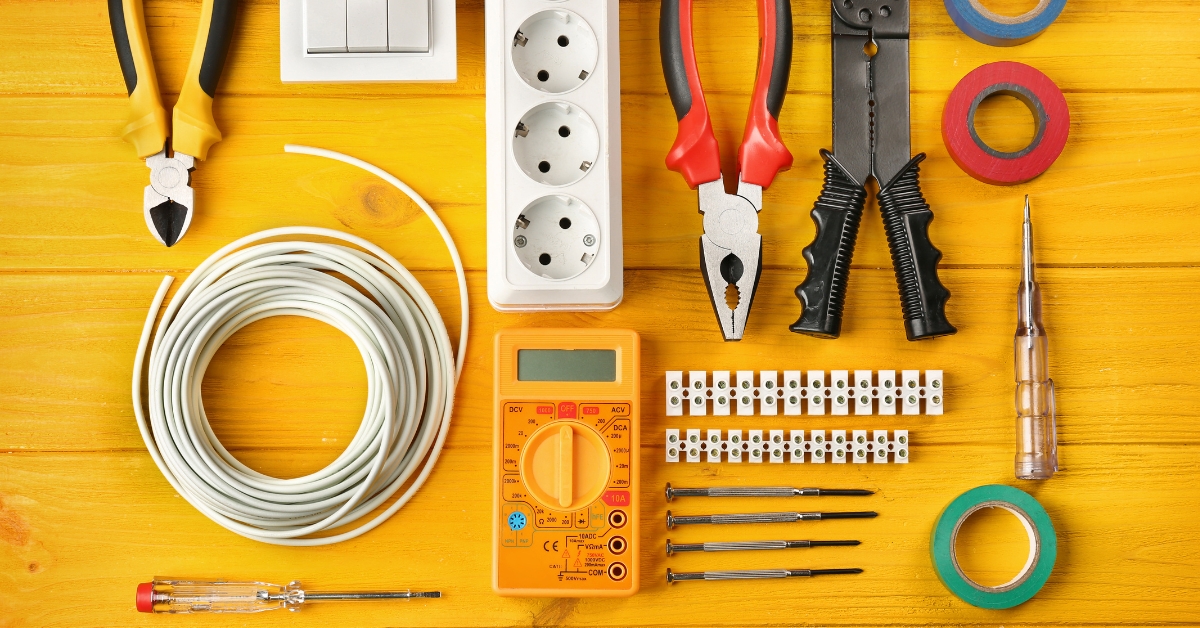Checking Out the Numerous Sorts Of Armoured Cord and Their Applications
Armoured cords are essential components throughout numerous industries, supplying protection and integrity. Various kinds, including Steel Wire Armoured (SWA) and Aluminium armoured cable televisions, cater to specific demands based upon atmosphere and application. Insulation materials like PVC and XLPE better improve their performance. Comprehending these differences is important for choosing the right cord. The ramifications of these choices can greatly affect functional efficiency and safety in varied industries. What variables should one take into consideration when making such decisions?
Summary of Armoured Cable Types

The PVC armoured wire is commonly made use of in outside environments due to its resistance to moisture and chemicals. The XLPE armoured cable, with cross-linked polyethylene insulation, is identified for its high thermal security and electric efficiency, making it appropriate for commercial settings. Another kind is the AWA (Aluminum Wire Armoured) wire, often utilized in below ground installations where light-weight residential or commercial properties are beneficial. Comprehending the different armoured wire types makes it possible for professionals to pick the most proper choice for their certain demands, making sure security and integrity in electric systems.
Steel Wire Armoured (SWA) Cord
Steel Cable Armoured (SWA) cable is a durable service designed to withstand rough environmental problems and mechanical tension. This kind of cord features a layer of steel cable that offers significant defense versus effect, wetness, and chemical direct exposure, making it suitable for industrial and outside applications - swa cable. The building normally contains a copper or aluminium conductor, protected with PVC or XLPE, and surrounded by a steel cable armour layer
SWA cable televisions are extensively used in power circulation networks, where their durability warranties trustworthy service in challenging settings. They are frequently utilized in underground installments, building sites, and locations where cables may be subjected to physical damages. Additionally, SWA cables sustain both reduced and high voltage applications, improving their versatility. Their ability to stand up to rust and mechanical wear makes them a recommended selection for many designers and specialists when choosing cord solutions for demanding environments.
Aluminium Armoured Wire
Aluminium armoured wire supplies a light-weight yet resilient option to traditional steel wire armoured cable televisions, making it ideal for various applications. This kind of wire is generally made use of in industrial and business settings, where versatility and convenience of installation are vital. Its reduced weight facilitates handling, reducing the labor costs connected with installation.
Aluminium armoured wires are specifically beneficial in atmospheres that require security versus mechanical damages, dampness, and chemical exposure. They are commonly utilized in power circulation, underground installations, and exterior applications, showcasing their versatility. Furthermore, the deterioration resistance of aluminium improves the long life of the cord in harsh problems.
Using aluminium also adds to cost-effectiveness, as it is usually more economical than steel. swa cable. In general, aluminium armoured cable television stands for a useful selection for demanding electric systems, combining effectiveness, defense, and economic benefits
PVC vs. XLPE Protected Armoured Cables
When comparing protected armoured cords, PVC (Polyvinyl Chloride) and XLPE (Cross-Linked Polyethylene) stand out as two favored materials, each offering distinct advantages for certain applications. PVC is understood for its excellent mechanical residential or commercial properties and cost-effectiveness, making it a prominent option for general-purpose electrical wiring. It gives good insulation and resistance to chemicals, though it may have restrictions in temperature tolerance and versatility. On the other hand, XLPE boasts remarkable thermal resistance and appropriates for greater temperature environments, Visit Your URL making it ideal for applications needing high performance and resilience. XLPE insulation likewise boosts electric residential properties, providing lower dielectric loss and boosted energy efficiency. While PVC cables are usually used in industrial and property setups, XLPE cable televisions are favored in commercial and energy settings where robustness and reliability are critical. Eventually, the selection between PVC and XLPE depends upon the details needs of the installation environment and the wanted efficiency attributes.
Applications of Armoured Cables in Different Industries
Armoured cable televisions, with their durable building and protective functions, locate extensive usage throughout different markets. In the construction market, they offer trusted electric connections in severe settings, making certain security and durability. The telecommunications sector uses armoured wires to safeguard information transmission lines from physical damages, particularly in outside installations. In mining and quarrying, these cords are important for powering hefty equipment and tools, where exposure to rough problems prevails. In addition, the my website oil and gas field uses armoured cables to keep functional integrity in tough environments, including overseas systems. The renewable resource industry likewise advantages, as these cables are substantial for wind and solar farms, attaching different components while withstanding environmental stress factors. Generally, armoured cable televisions are vital for ensuring uninterrupted service, shielding framework, and enhancing operational performance throughout diverse applications.

Often Asked Inquiries
How Do I Choose the Right Armoured Cord for My Task?
Picking the best armoured cable television entails evaluating task specs, including ecological conditions, electrical load requirements, and installment place. Consulting sector criteria and looking for expert recommendations can likewise assure suitable choice for security and effectiveness.
Can Armoured Cables Be Used Outdoors and Underground?
Armoured cords can certainly be utilized outdoors and underground. Their durable building and construction protects versus environmental elements, moisture, and physical damages, making them appropriate for various installments, consisting of those exposed to severe climate condition or below ground settings.
What Is the Lifespan of Armoured Cables?
Armoured cords typically have a life-span of 25 to 30 years, depending upon environmental problems and installment techniques. Appropriate upkeep and defense from extreme problems can even more improve their sturdiness and longevity.

Are Armoured Cables Resistant to Chemical Direct Exposure?
Armoured cables show differing levels of resistance to chemical exposure, relying on their insulation products. Normally, particular types stand up to chemicals much better than others, making it necessary to select proper cords for details atmospheres and applications.
Exactly How Do Armoured Cords Take Care Of Temperature Level Fluctuations?
Armoured cable televisions are developed to endure temperature level changes effectively. Their robust construction allows them to keep efficiency and insulation stability across differing temperature levels, making them appropriate for varied atmospheres and lowering the threat of damage.
Different kinds, including Steel Wire Armoured (SWA) and Aluminium armoured cable televisions, cater to particular needs based on atmosphere and application. Armoured cable televisions are important components in his comment is here different electric setups, offering improved defense versus mechanical damage and ecological elements. Aluminium armoured cable offers a light-weight yet long lasting alternative to conventional steel wire armoured cables, making it suitable for different applications. When comparing insulated armoured wires, PVC (Polyvinyl Chloride) and XLPE (Cross-Linked Polyethylene) stand out as 2 commonly previously owned materials, each offering distinct advantages for particular applications. While PVC cords are frequently used in domestic and industrial setups, XLPE cable televisions are preferred in industrial and energy setups where toughness and dependability are paramount.